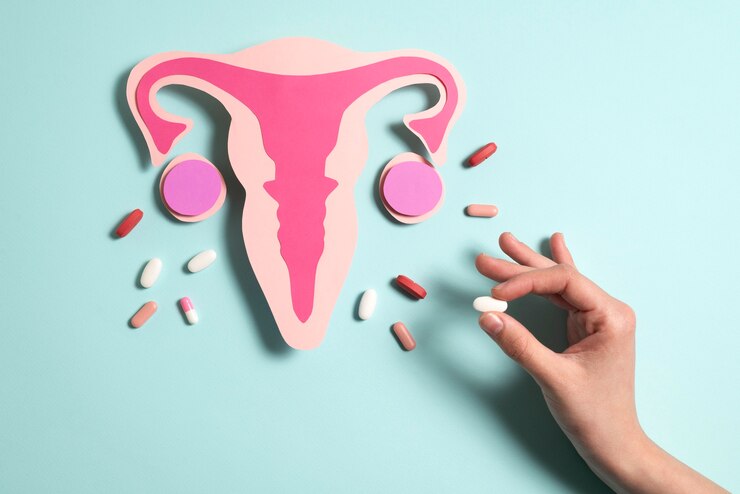
By IRM
Naturally Fixing Fertility Issues: Scientific Ways to Conceive Without Popping Pills
While many people might suggest various kinds of quick fixes that can help you get pregnant, there is little scientific evidence behind them. Many women have crossed their prime by

